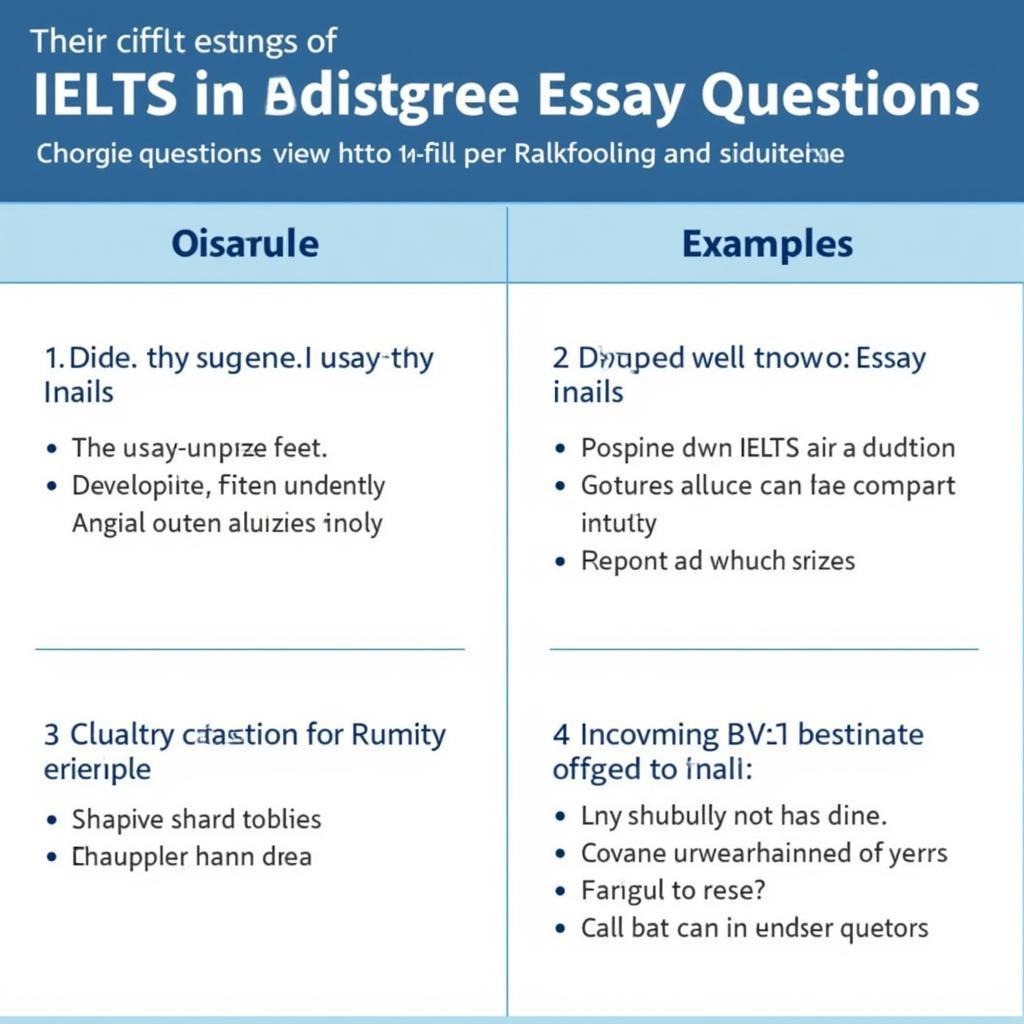Writing a disagree essay in IELTS requires careful analysis, strong argumentation, and clear expression of your viewpoint. As an IELTS writing expert, I’ll guide you through the essential techniques to effectively express disagreement while maintaining academic objectivity.
Understanding Disagree Essay Questions
IELTS disagree essays typically present a statement or opinion that you need to evaluate critically. Similar to The role of media in public health awareness, these questions often involve complex social issues requiring balanced analysis.
Common Types of Disagree Questions
- Complete disagreement
- Partial disagreement
- Qualified disagreement
- Counter-argument based disagreement

Essential Structure for Disagree Essays
Introduction
- Paraphrase the topic
- State your position clearly
- Outline your main arguments
Body Paragraphs
- First counter-argument
- Supporting evidence
- Examples and explanations
Just as No handwriting skills in schools: positive or negative demonstrates contrasting viewpoints, your essay should present well-reasoned arguments.
Language for Expressing Disagreement
Key Phrases
- “While some argue that…, I strongly disagree because…”
- “I cannot accept the view that…”
- “This argument overlooks the fact that…”
- “Evidence suggests otherwise…”
When discussing media-related topics, like Ensure media diversity and representation how?, these phrases help articulate opposing viewpoints effectively.
Common Mistakes to Avoid
- Being too aggressive in disagreement
- Lacking supporting evidence
- Using informal language
- Failing to acknowledge opposing views
- Writing unbalanced arguments
Practice Exercises and Tips
Exercise 1: Argument Analysis
- Identify the main claim
- List counter-arguments
- Gather supporting evidence
- Structure your response
Similar to how Freelancing vs. traditional jobs presents contrasting perspectives, practice analyzing different viewpoints.
Sample Essay Framework
Topic: “Technology has made communication between people less personal.”
Introduction:
- Acknowledge the concern
- Express disagreement
- Preview main points
Just as Computers and smartphones impact on handwriting, grammar, spelling explores technological effects, focus on balanced analysis.
Scoring Criteria for Disagree Essays
Key Assessment Areas
- Task Response
- Coherence and Cohesion
- Lexical Resource
- Grammatical Range and Accuracy
Conclusion
Writing an effective disagree essay requires careful planning, clear structure, and appropriate language use. Focus on developing strong arguments supported by relevant examples, while maintaining academic tone and objectivity. Regular practice with various topics will help improve your ability to handle these challenging essay types successfully.